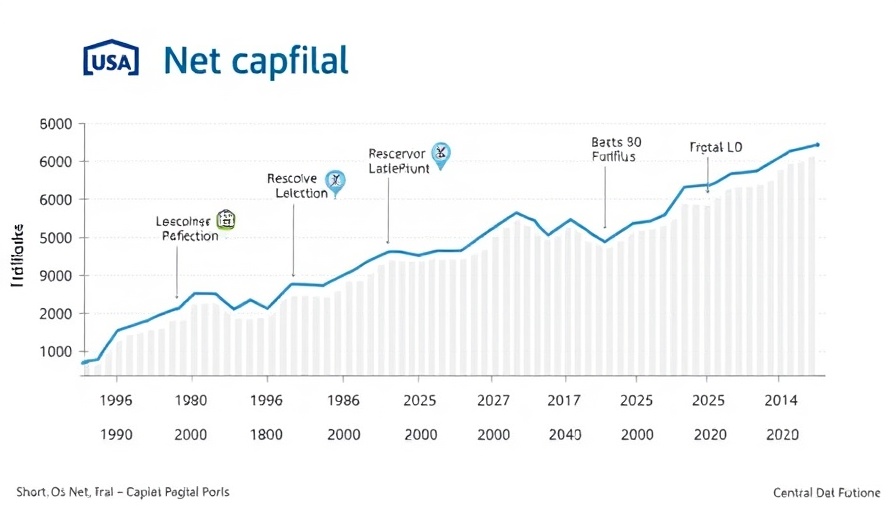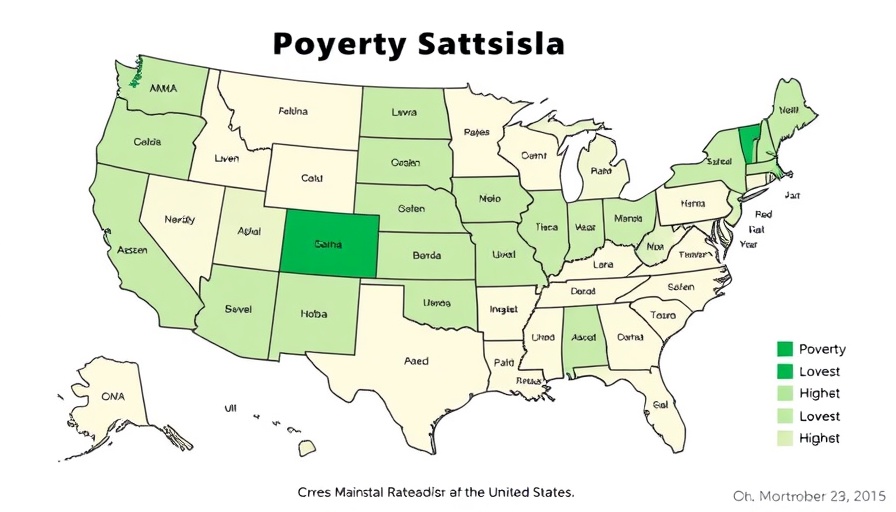
Contract Standoff Leaves Cigna Members in Healthcare Limbo
The recent impasse between Jefferson Health and Cigna has left patients in a precarious position. As of March 15, 2025, Jefferson Health, the largest health system in Philadelphia, is officially out of network for Cigna's commercial insurance members. This shift means that anyone relying on Cigna for their healthcare will face significantly higher costs if they seek medical services from Jefferson facilities.
For over 20 years, Jefferson had been part of Cigna's network, providing affordable care to its members. However, Cigna's refusal to meet Jefferson's requested reimbursement rates led to the contract expiration, much to the dismay of many patients who now face the burden of out-of-network fees for visiting their trusted hospitals and care providers.
Economic Realities Drive Contract Negotiations
According to Jefferson Health, the negotiations faltered as they sought improved reimbursement rates, citing that the previous contract's terms did not reflect the rising costs of delivering effective care. Since 2020, while Cigna’s reimbursement rates have only increased by about 3%, Jefferson's operational costs—including wages for healthcare workers—have surged by approximately 20%. This discrepancy highlights a significant economic strain for Jefferson, which is struggling to provide high-quality care without adequate financial support.
Cigna has countered that Jefferson's demands are unreasonable, claiming that accepting such rate hikes would ultimately increase healthcare costs for their members. The ongoing negotiation paints a broader picture of the current tensions in the healthcare sector, as many providers and insurers grapple with balancing affordable care against rising operational expenses that threaten overall quality and accessibility.
Diverse Perspectives on Healthcare Access
This standoff isn't unique; in fact, recent discussions claim similar negotiations have left other health systems, like Main Line Health, near the brink of exiting the Cigna network before ultimately reaching an agreement. Such occurrences raise essential questions about healthcare access and the available options for patients when their primary providers exit their insurance networks.
Additionally, the impact on patients can be substantial. Those relying on Jefferson hospitals for specialized services may need to explore alternative in-network providers or bear the financial consequences of out-of-network care, which can be significantly costlier.
What This Means Moving Forward
As negotiations remain open with hopes for resolution, affected Cigna members should remain vigilant. Jefferson has assured patients of their commitment to high-quality care while they work towards a new agreement. Meanwhile, Cigna advises its members to contact customer service for guidance on potential coverage solutions and alternatives. With healthcare stakes high, it is vital for patients to stay informed about their options during this transitional phase.
This ongoing situation highlights the importance of understanding the intricacies of healthcare contracts in today’s economic climate. Improved transparency and communication between insurers and healthcare providers are needed to plan for long-term solutions that maintain healthcare accessibility and affordability for all.
 Add Row
Add Row  Add
Add 




Write A Comment